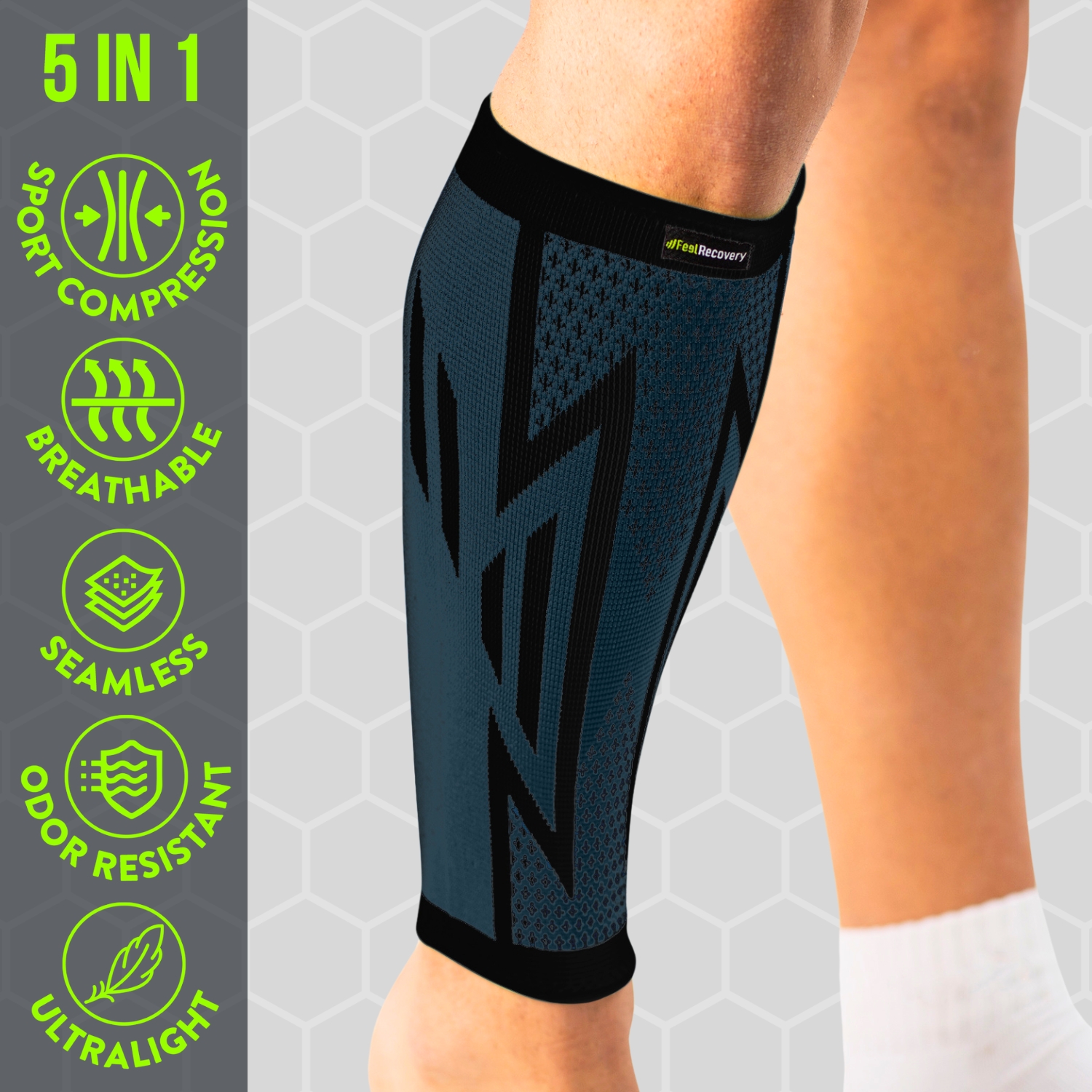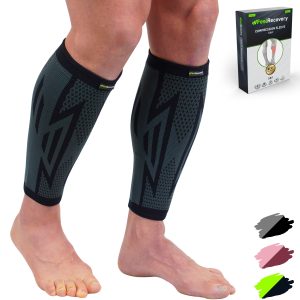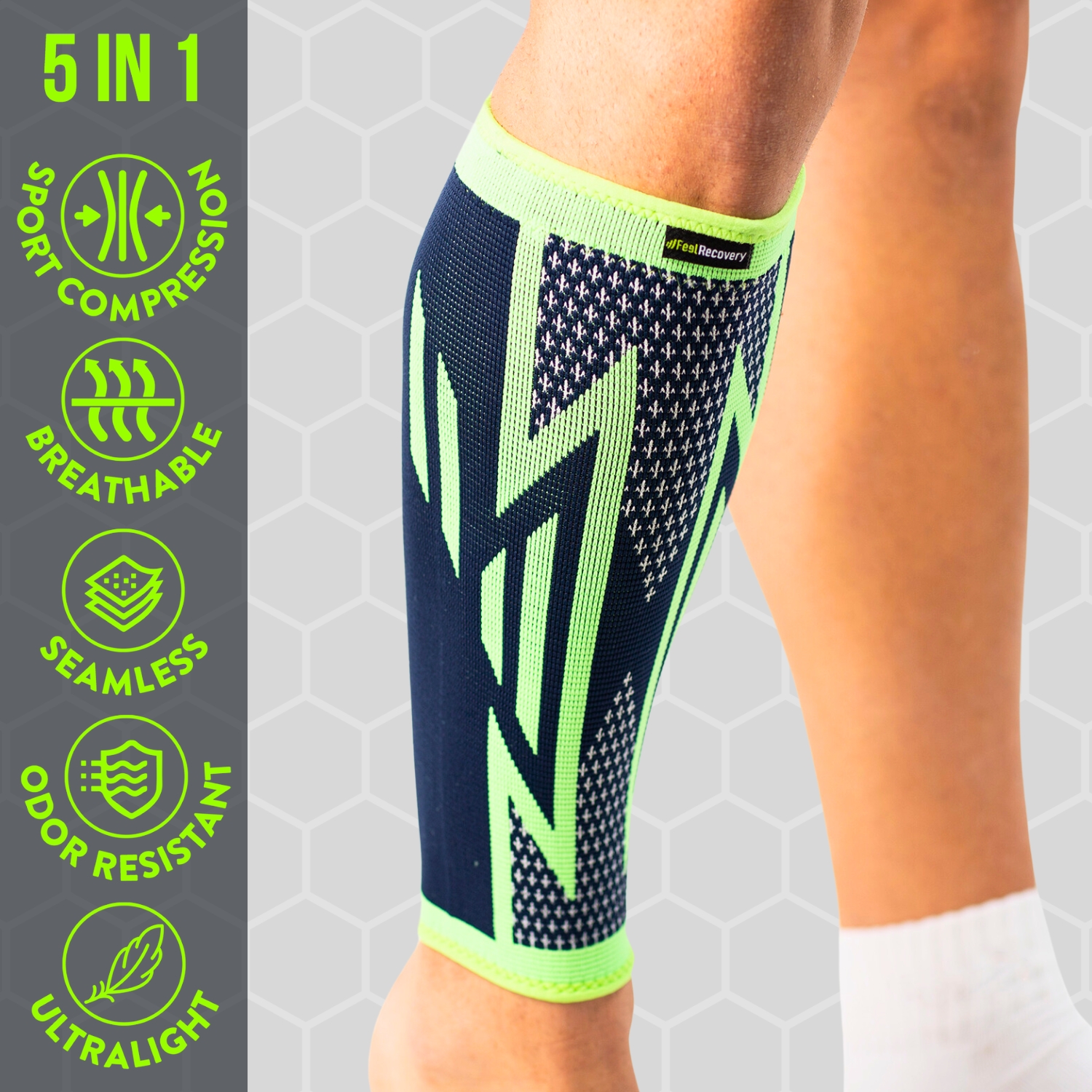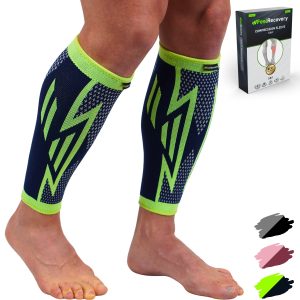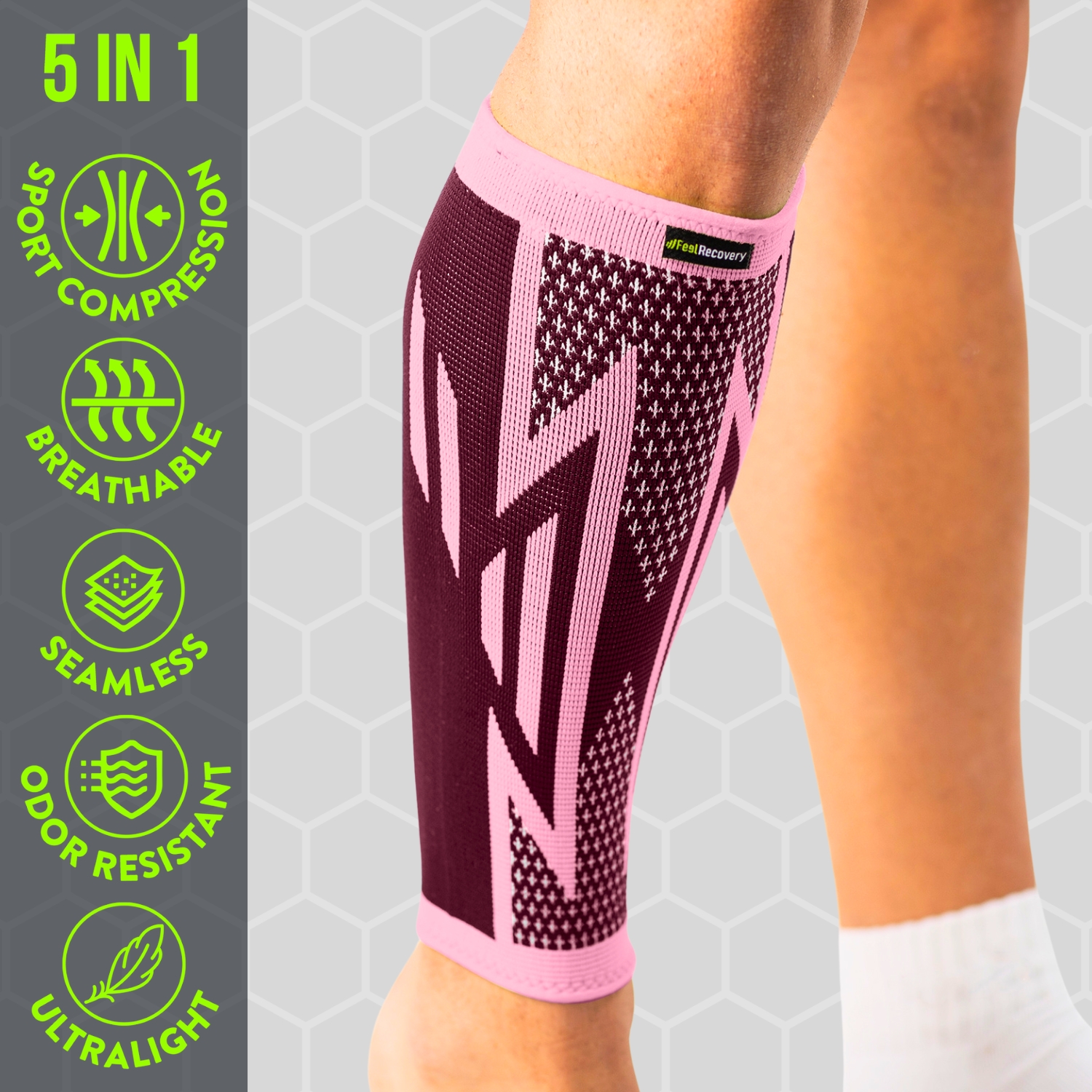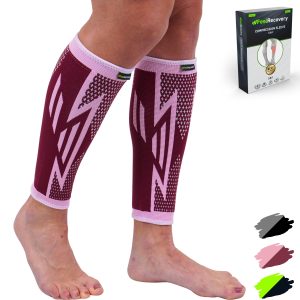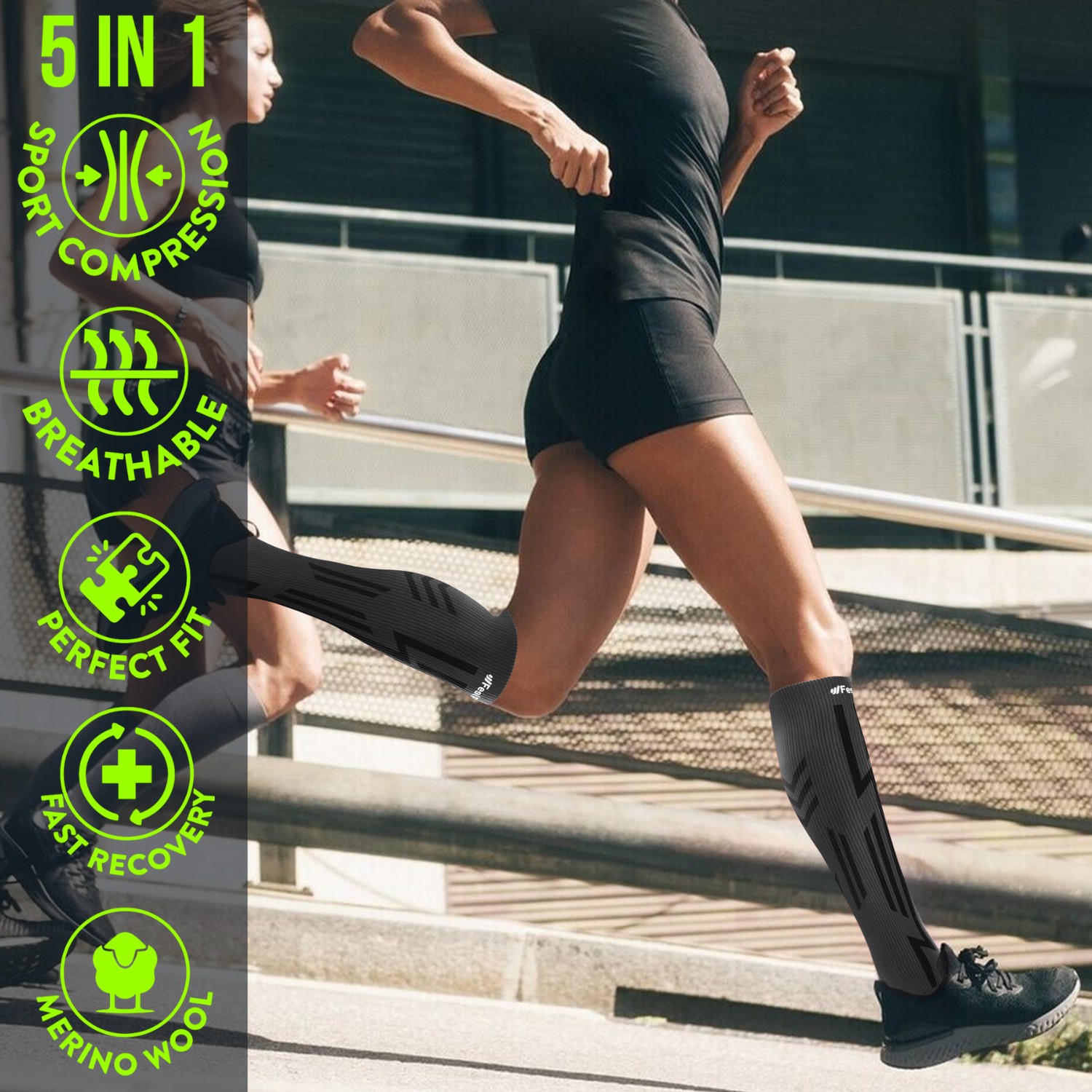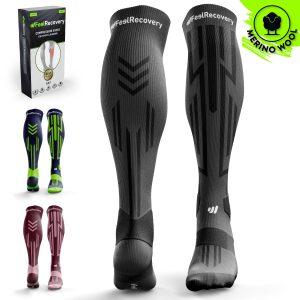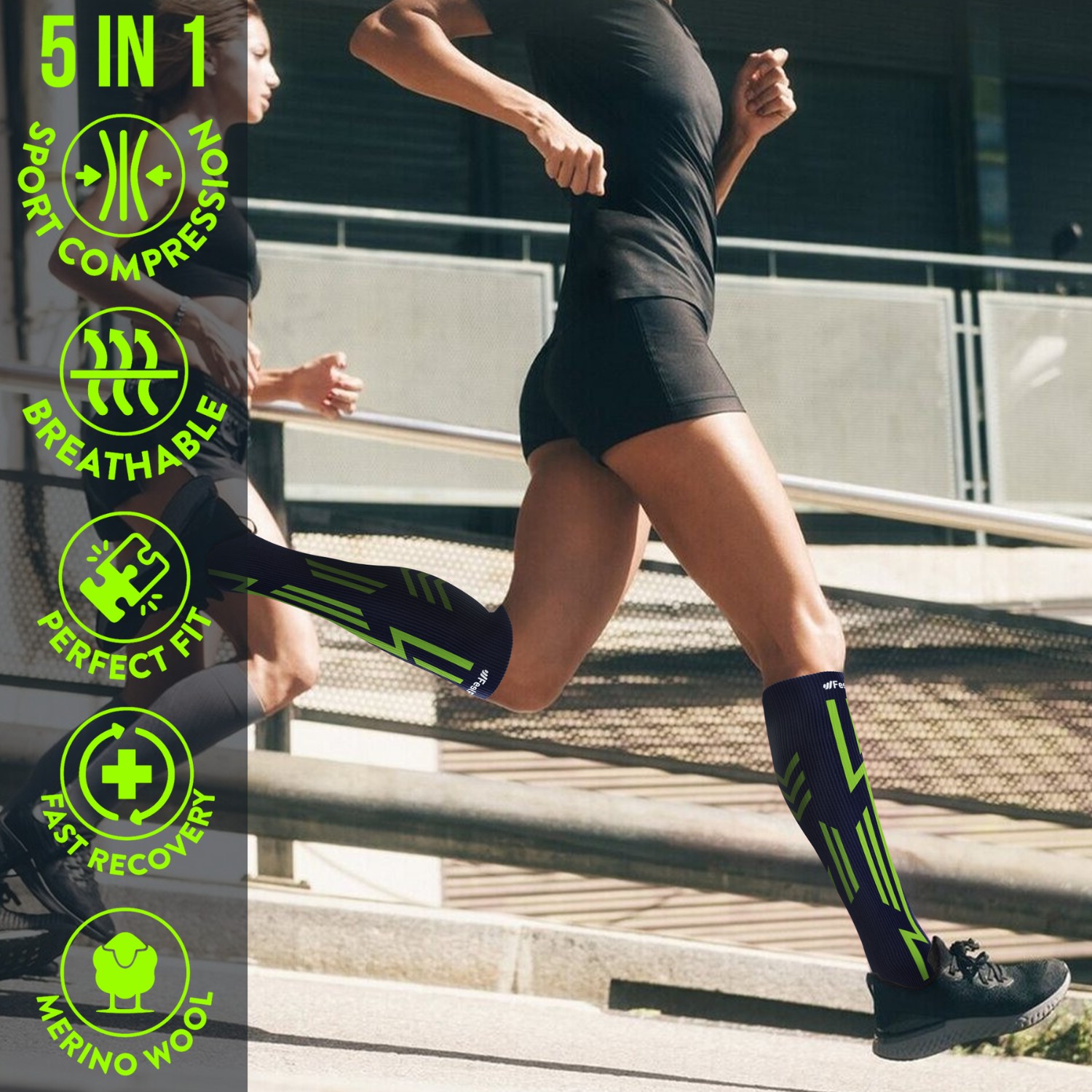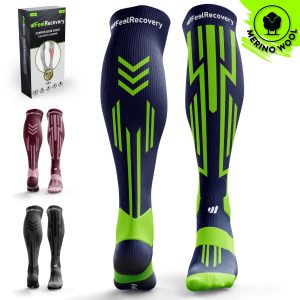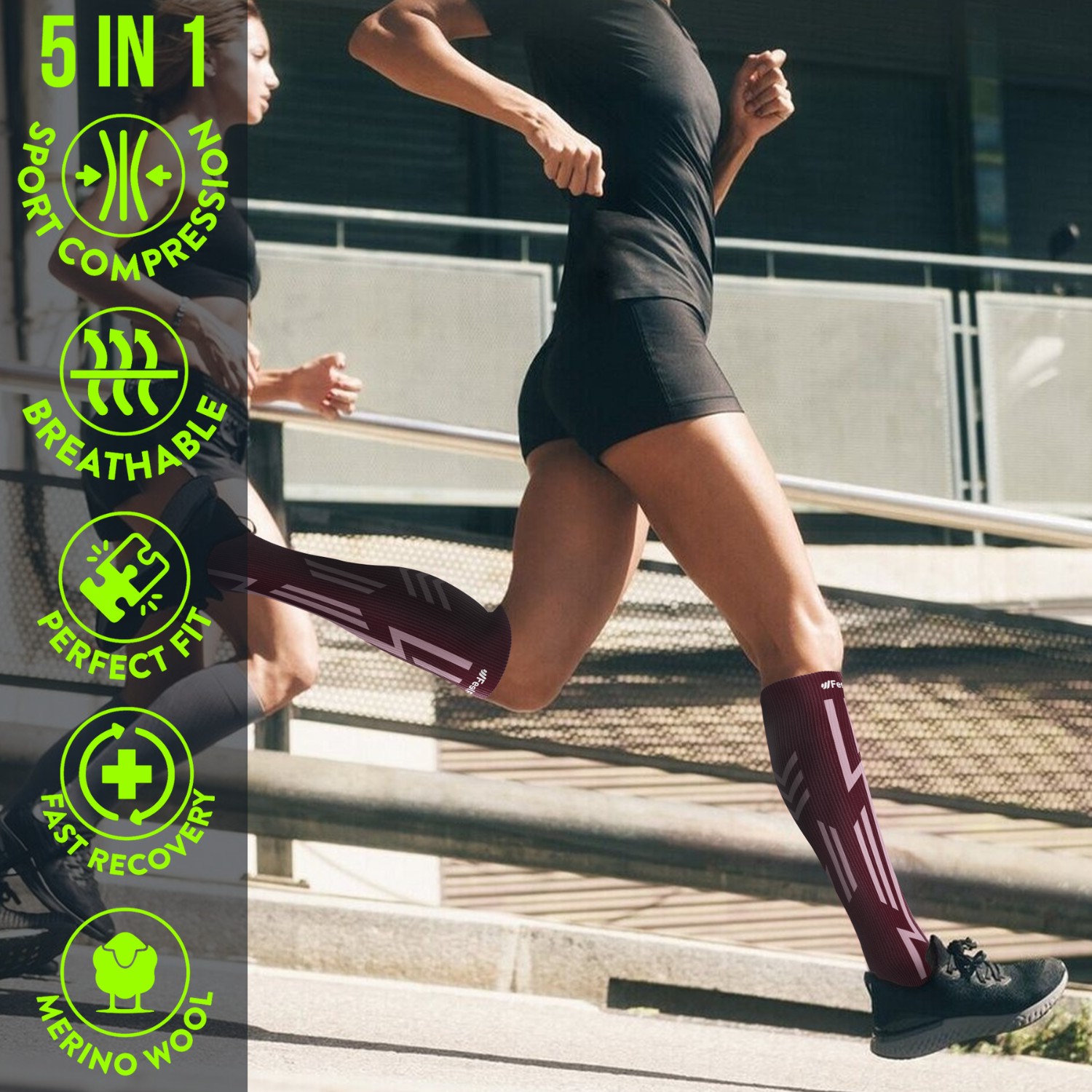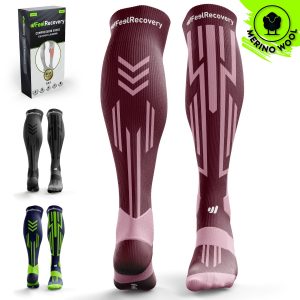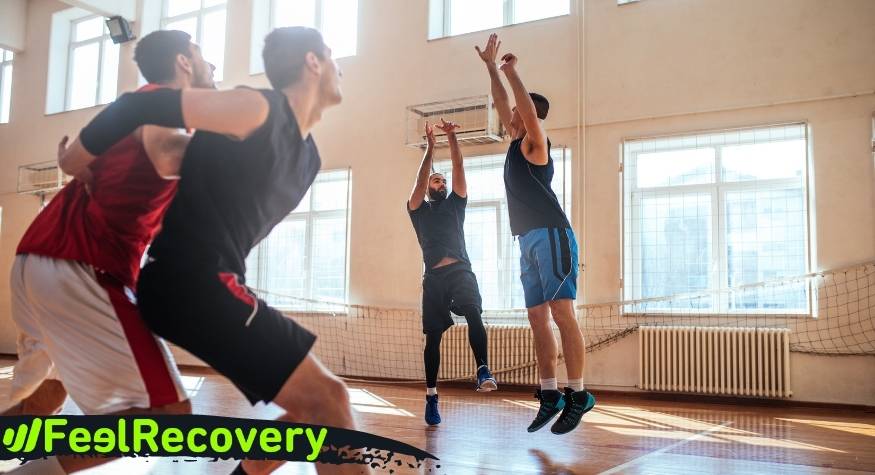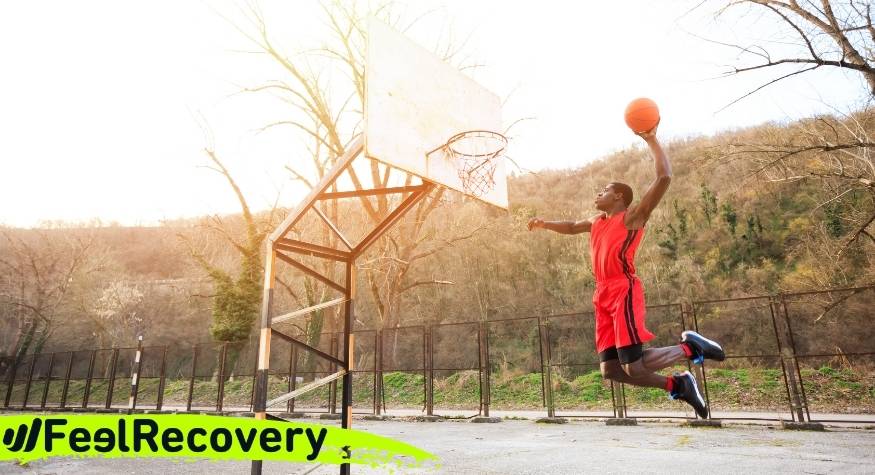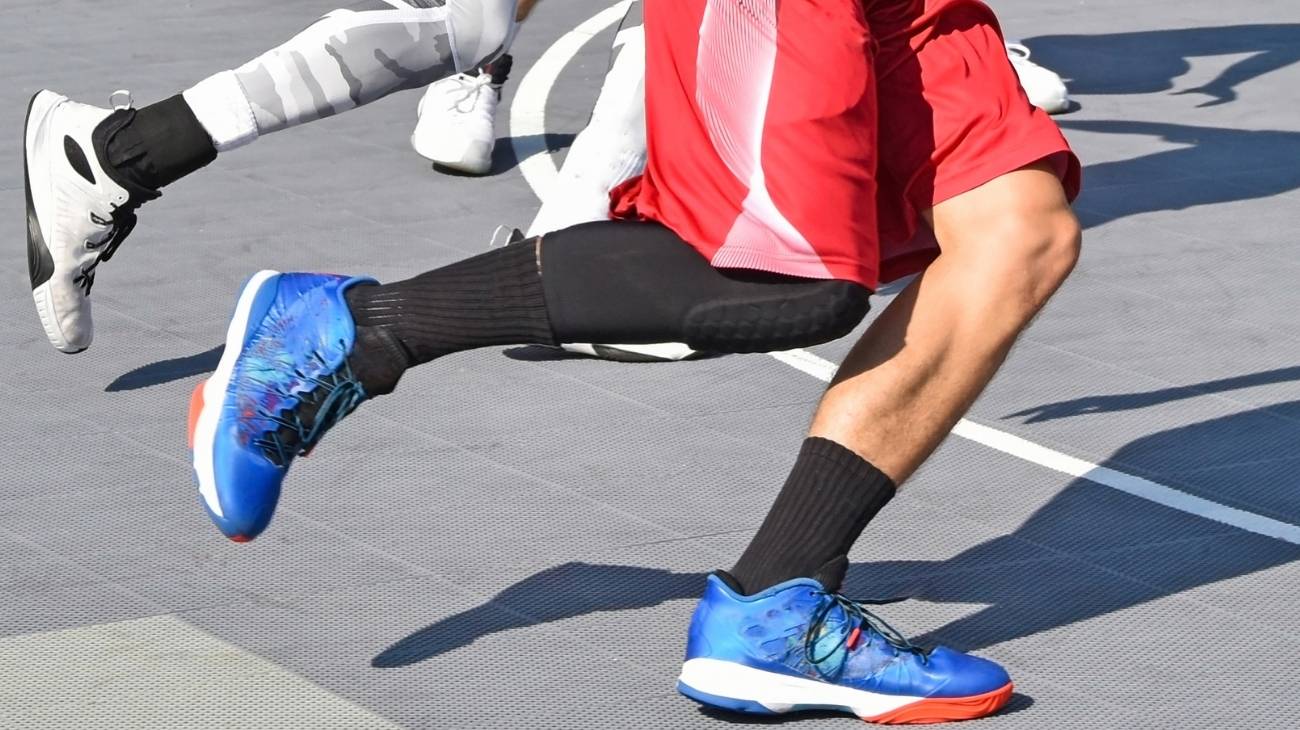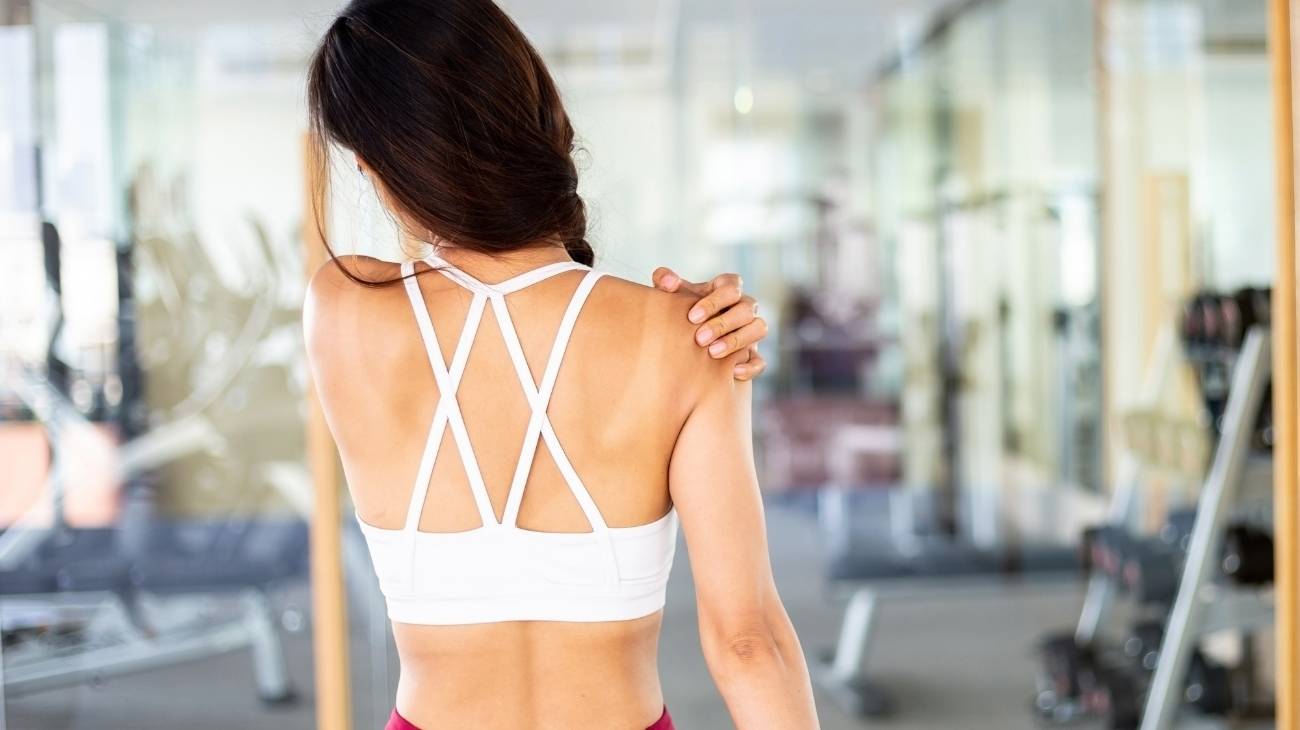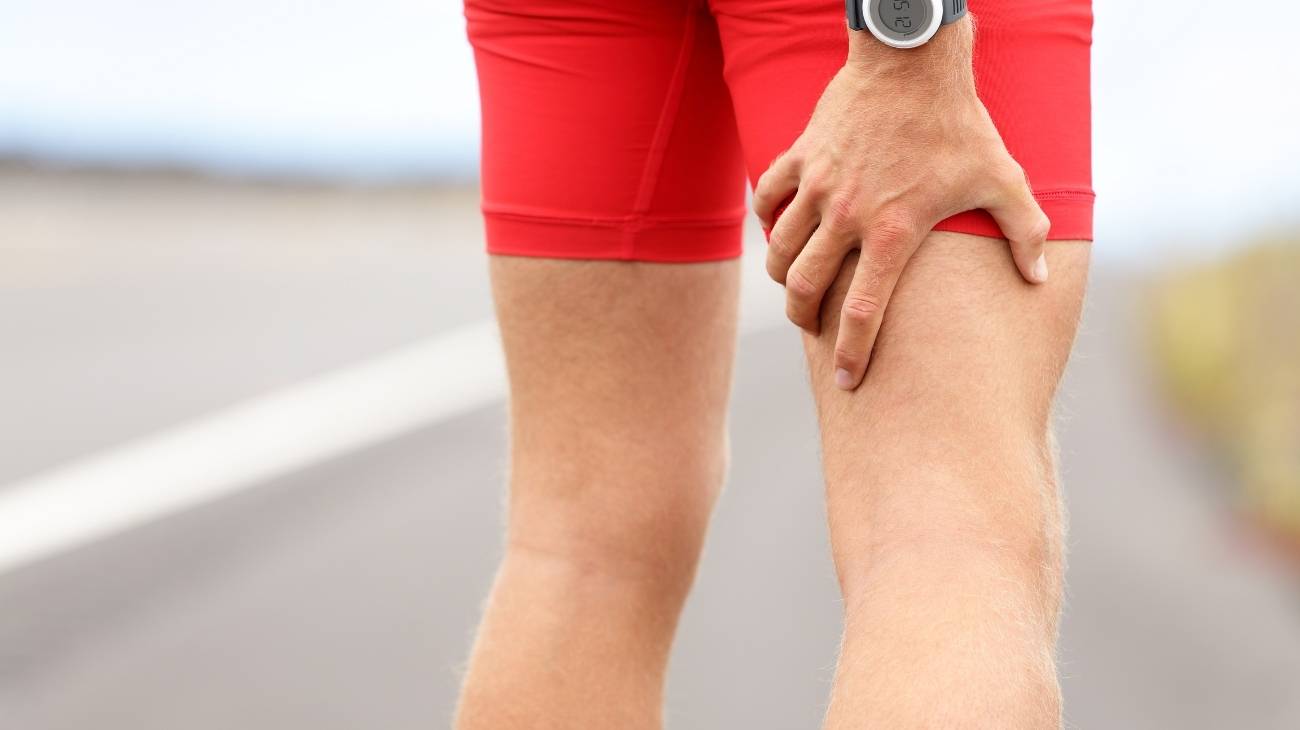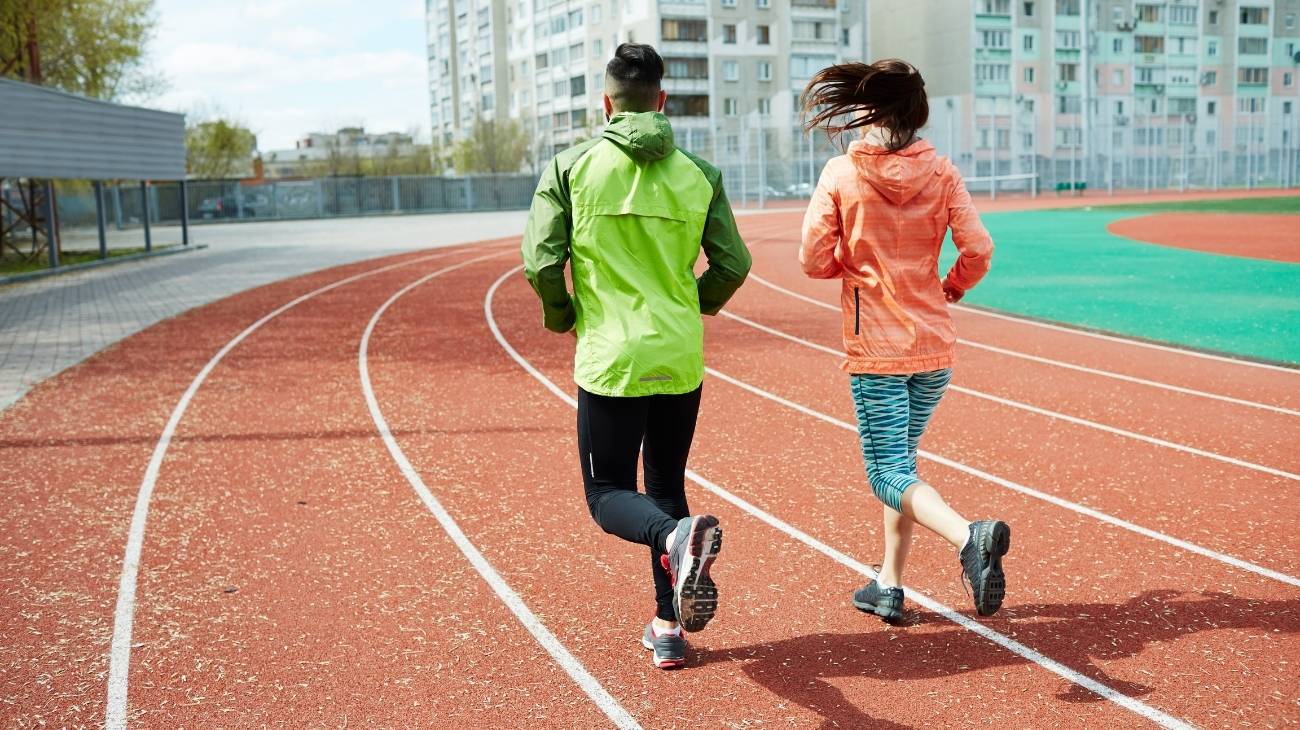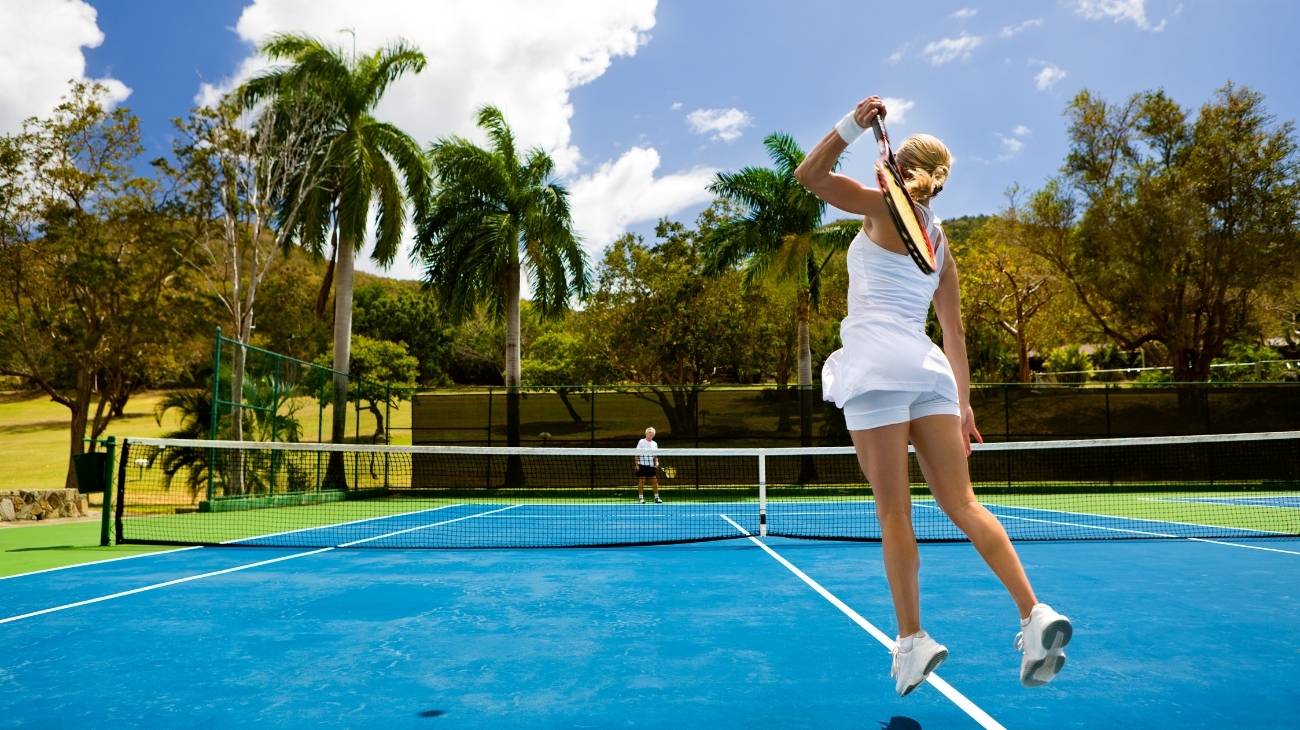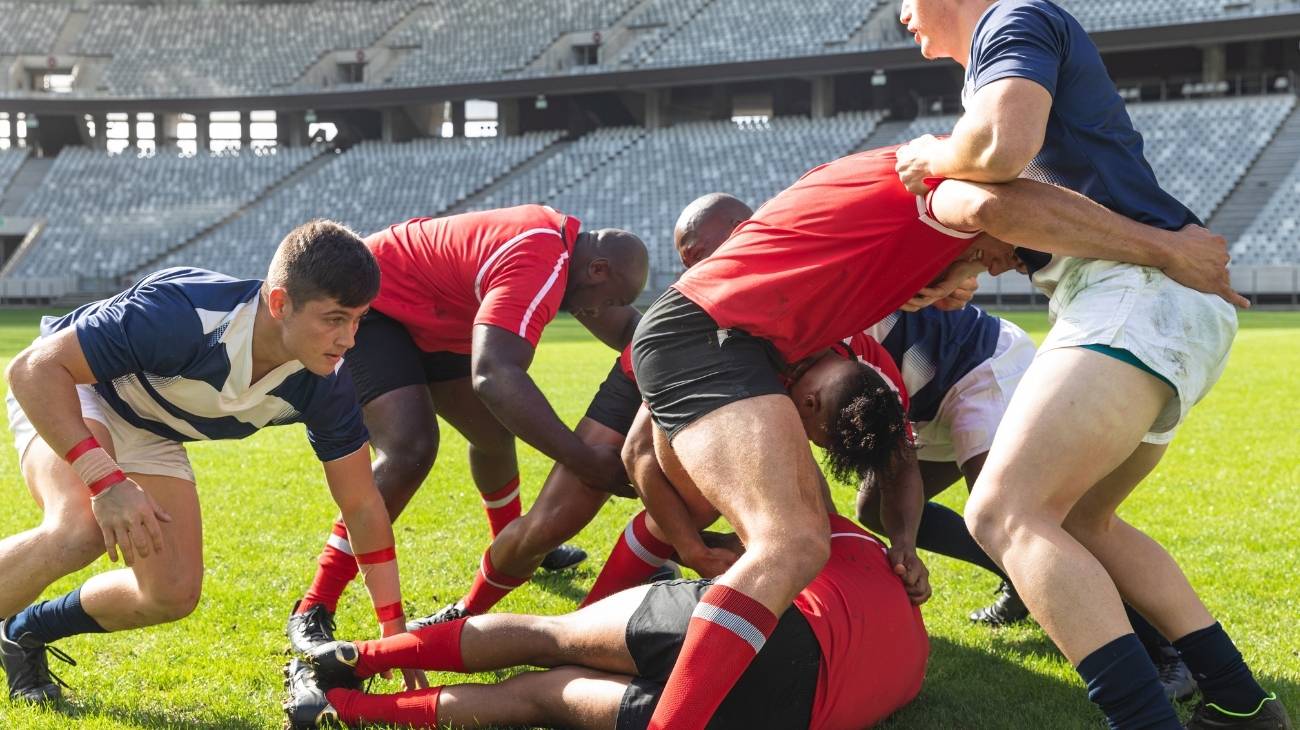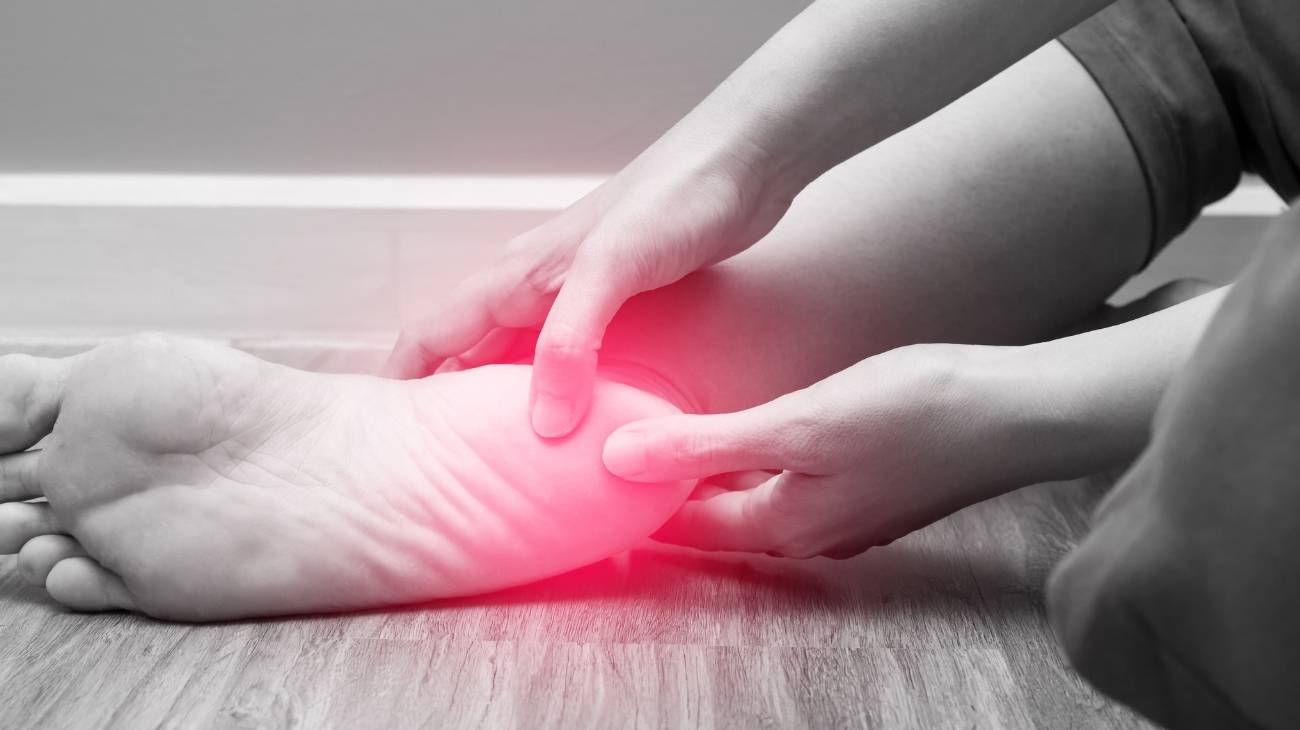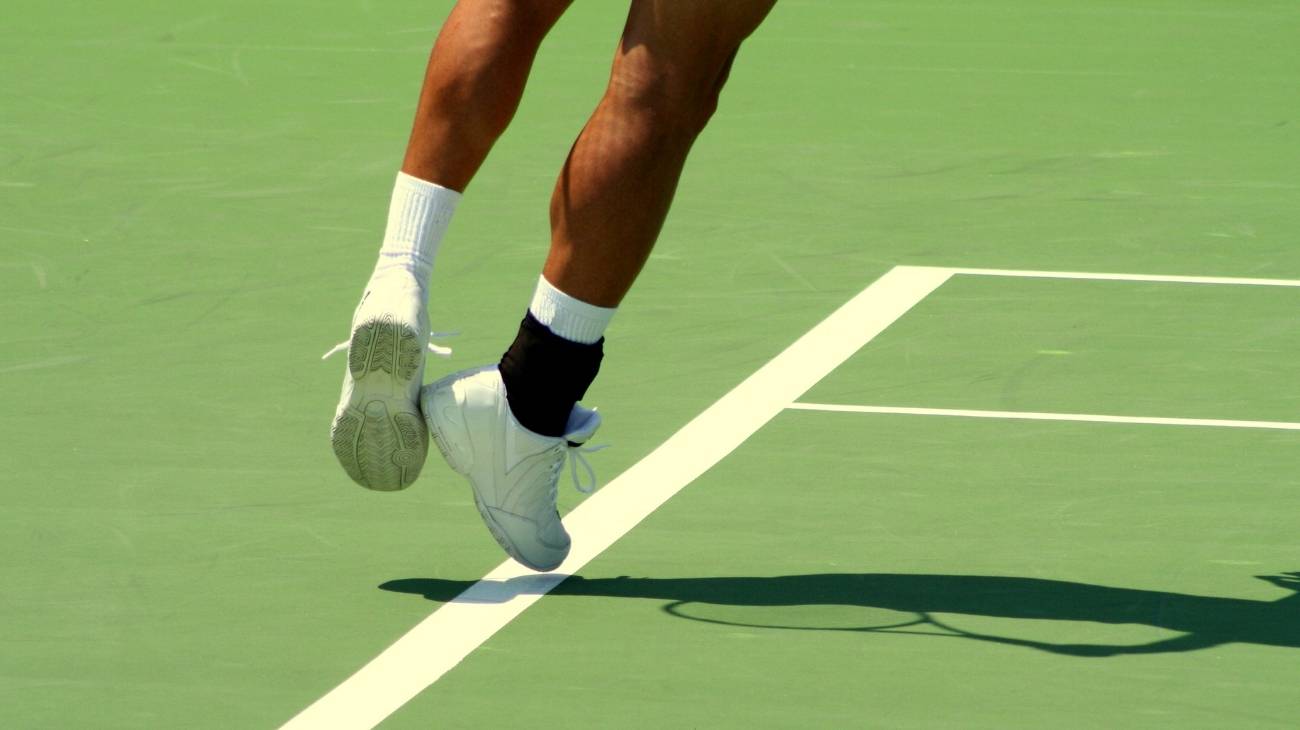- What are the most common calf injuries when playing basketball?
- What are the benefits of compression calf sleeves for playing basketball?
- What characteristics should you take into account before choosing the best compression calf sleeves for basketball?
- Do compression calf sleeves really work to improve performance and recovery in basketball?
Basketball is a team sport that has a remarkable global popularity due to its many years of history. Beyond its recognition in the sporting environment, it guarantees remarkable health benefits: It strengthens muscles, develops mental quickness, improves motor skills and reduces stress.
However, due to its powerful changes of direction and rhythm, as well as contact, basketball players are not exempt from suffering injuries that, in addition to affecting the team, also harm their individual development. But fortunately, many of these injuries can be prevented with the use of compression calf sleeves and here, we will highlight why.
What are the most common calf injuries when playing basketball?
According to studies, for every 1,000 hours of sport, athletes often suffer injuries to any part of their body. This is especially true for physical activities that involve sudden changes of direction, variations in rhythm, jumps, contact between players, high intensity and, in short, vehement actions over a certain period of time.
For this reason, although it is not the most likely sporting skill to cause this kind of pathology, it is true that basketball involves a persistent risk of injury to the fingers, shoulder, ankle, knee and foot. Taking into account that, in many cases, injuries to the calves or calf muscles stand out.
The main conditions that manifest themselves in the calf when practising basketball:
Calf muscle strain
This refers to a "muscle pull" which is distinguished by a sudden elongation of the muscle fibres located along the calf and, as a consequence, causes an injury in this area of the leg. It generally occurs in sports practices that require accelerations, decelerations and/or continuous changes of direction and therefore, people who play basketball are prone to suffer a calf muscle strain.
Among its main causes, this type of injury is triggered by carrying out an activity that overloads or overstretches the muscle incorrectly, as well as by stretching and warming up poorly before starting practice. In addition, running and jumping increase the risk of such an injury, as they are movements that tend to exceed the maximum elongation limit.
Calf spasms
Cramps or spasms in the calf region also constantly affect players of this sport, both during and after the match. This is a mild pathology that is defined as an involuntary and sudden contraction of one or more muscles due to a lack of stretching before and after undergoing any physical activity, due to overloading, dehydration or a lack of irrigation in the muscle.
Among its main symptoms, it causes intense pain, as well as numbness in the calf and limitation of the range of joint movement. However, all these symptoms are minimised within one to two days. Especially if the athlete undergoes stretching exercises, massage therapy, thermotherapy and cryotherapy to restore regular muscle function in the calf muscles.
Achilles tendinitis
This is an injury that directly affects the Achilles tendon and, at the same time, the calf muscles. The Achilles tendon is a band of tissue or elastic structure that connects the muscles located in the calf muscles at the back of the leg to the bone at the heel. It is usually triggered by overuse of the Achilles tendon and is one of the most common injuries in the basketball environment.
Basically, it is an ailment that occurs when the tendon is committed to an elongation between 5 and 10% which, in effect, breaks the bridges that connect the fibres to each other and they do not recover their regular structure completely. This, in addition to overuse, is also encouraged by lack of rest or insufficient recovery time, repetitive strain during practice, direct blows, jumping and intense running. The main symptoms include pain and swelling in the area.
Bestseller
-
2 Calf Compression Sleeve (Black/Gray)
£20,95 -
2 Calf Compression Sleeve (Green/Navy)
£20,95 -
2 Calf Compression Sleeve (Pink/Bordeaux)
£20,95 -
Sport Compression Socks (1 Pair) (Black/Gray)
£20,95 -
Sport Compression Socks (1 Pair) (Green/Navy)
£20,95 -
Sport Compression Socks (1 Pair) (Pink/Bordeaux)
£20,95
What are the benefits of compression calf sleeves for playing basketball?
While it is true, compression calf sleeves are sports garments that are characterised by exerting a controlled force on the calves to accelerate venous return, thanks to the fact that they provide greater support to the ankles and calves in order to improve the blood column that ascends towards the heart.
This is why, at a sporting level, they are effective for players to obtain excellent advantages. Consequently, nowadays, most basketball players have opted to make use of this type of textile accessories both for their practices and also to participate in their competitions.
They guarantee benefits in terms of endurance, performance, recovery, protection and comfort:
- They protect the calf area from injury during basketball games.
- Improve players' performance by ensuring stability and allowing them to run with more flexibility.
- They reduce pain and the feeling of muscle fatigue, as well as possible inflammation.
- They offer comfort between the calves, from the ankle to the knee. This increases the player's security and confidence.
- They favour the athlete's recovery during the post-exercise rest phase, as they accelerate circulation due to the high level of compression.
- They keep the area warm, regardless of temperature changes, to avoid discomfort and abrasions.
- Stimulate breathability in the area to prevent perspiration build-up.
- They guarantee the development of agility by increasing the oxygenation of the deep tissue.
What characteristics should you take into account before choosing the best compression calf sleeves for basketball?
Nowadays, the manufacturers of these textile garments have focused on meeting the requirements of the numerous players in the world, in order to guarantee the benefits required to excel in the world of professional or amateur basketball.
By function
One of the most vital details to consider when buying a compression calf sleeves is its function. Since, by default, these are made to fulfil a specific purpose adapted to the sport in question.
- For training: They are used before the game to relax the calf area in order to stimulate strength and energy afterwards.
- For competition: They are designed to provide advantages during play and by this, influence performance by delaying fatigue and mitigating possible muscle soreness.
- For recovery: In the post-activity phase, they are concerned with restoring the area more quickly to prevent inflammation or possible discomfort after the game.
Manufacturing material
Synthetic material is the most suitable for this type of compression garment, as it is highly breathable and prevents sweat from accumulating in the area. When selecting your compression calf sleeves, make sure they are made of nylon, polyester, spandex or any other quality synthetic material, rather than cotton because it retains sweat.
It is appropriate for the calf sleeve to have quick-drying fibres. Among other details, it is essential that they are as comfortable as possible and do not have uncomfortable seams that rub and scrape the skin along the calf and ankle.
Compression type
To prevent skin irritation or any affection on the muscles found in the calves, it is appropriate to choose a suitable type of support, which basically consists of the level of pressure offered by the sports calf sleeve.
Generally speaking, the types of compression used are: light, moderate, strong and extra-strong. For basketball (and most skills), experts recommend compression between 15 and 30 mmHg on average for optimal athlete performance (i.e. light to moderate compression).
Sizing
Different manufacturers, for reasons of "globalisation", choose to make one-size-fits-all compression calf braces and this is definitely not suitable for basketball players. Because, depending on their anatomy, the calf brace can cause the blood flow to choke or stop, or cause poor compression on the calves. It is therefore vital that the athlete chooses their specific size (between S, M, L and XL) in order to obtain the benefits they promise.
It should be noted that, according to the indications of each manufacturer, there are different techniques that help to know which is the specific size of each person as far as calf braces are concerned. In the event that the premeditated calculation yields two sizes, it is advisable to choose the larger of the two.
Design
Due to the fact that there are numerous brands that currently manufacture textile garments to meet the requirements of athletes, in the case of calf braces, you can find multiple designs to suit all tastes. So, in terms of design, you can select any calf brace that connects with your personality and looks good with your basketball uniform. That is, as long as it meets your specific function, the right type of fastening and the right size for you.
Price
Depending on the brand, the function, the level of compression, the material of manufacture and other additional features, the cost of a calf brace varies. Thus, in general, this type of textile garment can be found in the range between 20 and 40 euros, on average. This may be expensive for some people, but it is advisable to buy a good quality calf sleeve rather than an imitation because the latter provides poor performance.
Do compression calf sleeves really work to improve performance and recovery in basketball?
Yes, absolutely. Well, calf sleeves are responsible for improving the productivity of athletes and leading to faster rehabilitation. They are known for minimising fatigue, decreasing the lactic acid that builds up during activity and promoting protection of the area.
In this way, they increase the performance of the calf muscles when running and jumping. In addition, after the game, they tend to have a relaxing effect by preventing pain, swelling and other discomfort caused by overloading the area.
Compression sports socks for basketball are the best garment to increase sporting performance, and if you have an injury, you can achieve a quick cure with the use of compressive therapy, which works effectively in improving the internal components of the foot and calf.

